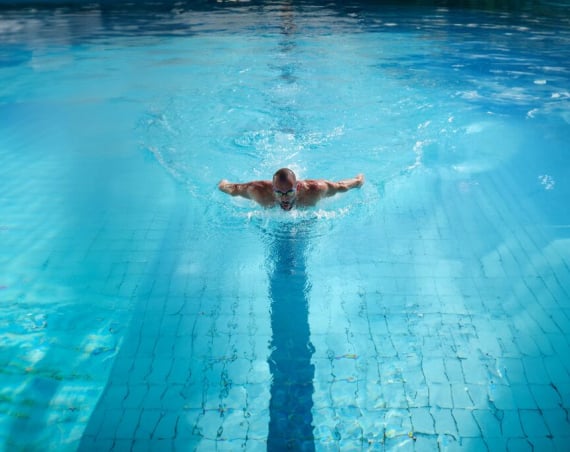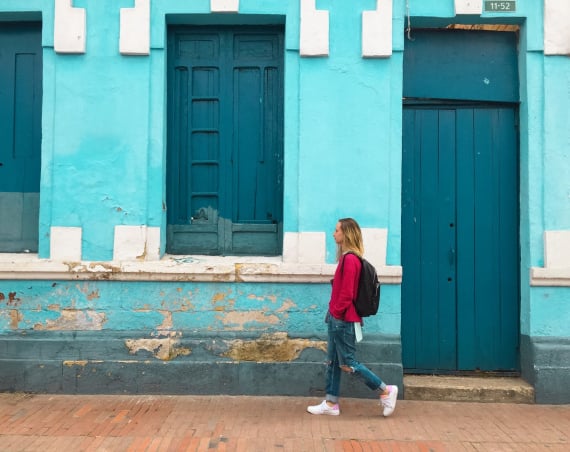Ever heard of The National Three Peaks Challenge? In this much-loved annual event, participants trek up the three highest peaks in England (Scafell Pike), Scotland (Ben Nevis) and Wales (Yr Wyddfa, or Snowdon). You can take your time with it if you want – common goals to complete the set are 24 hours, 48 hours and three days. There’s also a Yorkshire, Welsh and Surrey Three Peaks Challenge.

We know that this challenge may sound pretty daunting! But with a little adaptation, you and your family can complete your very own Three Peaks – and experience all the same benefits to your well-being, such as:
Increased self esteem
Reduced stress and anxiety
Improved heart and lung health
Increased cardiovascular fitness
Bonding as a family
Improved communication skills between family members
Improved willpower
Increased energy
Releasing happy hormones (endorphins)
Just having fun!
We’d like to challenge you to complete the Three Peaks Challenge in one month – in your own area. All you need to do is, as a family, walk a total of 23 miles (37km). It’s free, fun and a great way to spend time together, as well as a means of fitting in exercise when you have kids.
There is no age restriction for this challenge. The youngest person ever to complete
the Three Peaks was three year old Jaxon Krzysik, who was climbing in memory of his best friend. Whatever your age or fitness level, take it at your own pace and listen to your bodies.
Here are some of our top tips for how to go about completing the challenge:

Before
Set an intention as a family: Think about what you would like to get out of this – maybe to connect or communicate better, or to raise money together for a charity.
Plan your locations: Are there some nice country walks nearby? A beach? Do you walk as a family to school? Even a walk together to the shops can count towards the distance!
Research the distances: Either look up the distance of each planned walk you take, or use a smart phone/watch to keep track of how far you’re walking. Then monitor your progress – put a chart up in your home where everyone can see it, and make sure you update it after every walk.
Check the weather and temperature: Before you leave for each walk, particularly for longer distances, check if you need rainproof clothing or sunscreen.
During
Communicate: Talk to each other, play games like ‘I Spy’, check in on how everyone is feeling. Remain present and resist the temptation to check emails or social media – this is all about spending time together.
Stay hydrated: Take bottles of water with you on longer walks.
Wear appropriate clothing: If you’re on a longer walk, light layers are always a great option.
Wear good shoes: Walking boots and trainers are optimal for walking, as shoes without the correct support may give you blisters and sore feet/ankles.
Breathe: If you’re a beginner, walking longer distances can be challenging at first. Simple breathing techniques such as nasal breathing or pursed lip breathing (inhaling through the nose and exhaling slowly through pursed lips) can keep your breathing calm and restore oxygen to your body quickly and efficiently.
After
Eat: Your bodies need sustenance to recover post-exercise, so a snack of fruit or toast
or a smoothie after walking is optimal.
Rehydrate: Drinking water or sports drinks with electrolytes after exercise can help to prevent cramps and avoid dehydration which can lead to headaches, fatigue and
dizziness.
Share: Ask each other what the highlights have been for everyone and which parts
were challenging. It will be interesting to see if anyone shares the same highlights and challenges!
Celebrate: Each walk you complete is an achievement, so celebrate the mini wins
along the way. And make sure you have a big celebration lined up for when you
complete the challenge!
Looking for more free and fun activities you can do together to boost your moods? Check out our guide to practising gratitude as a family.
Words by Carli Barlow




